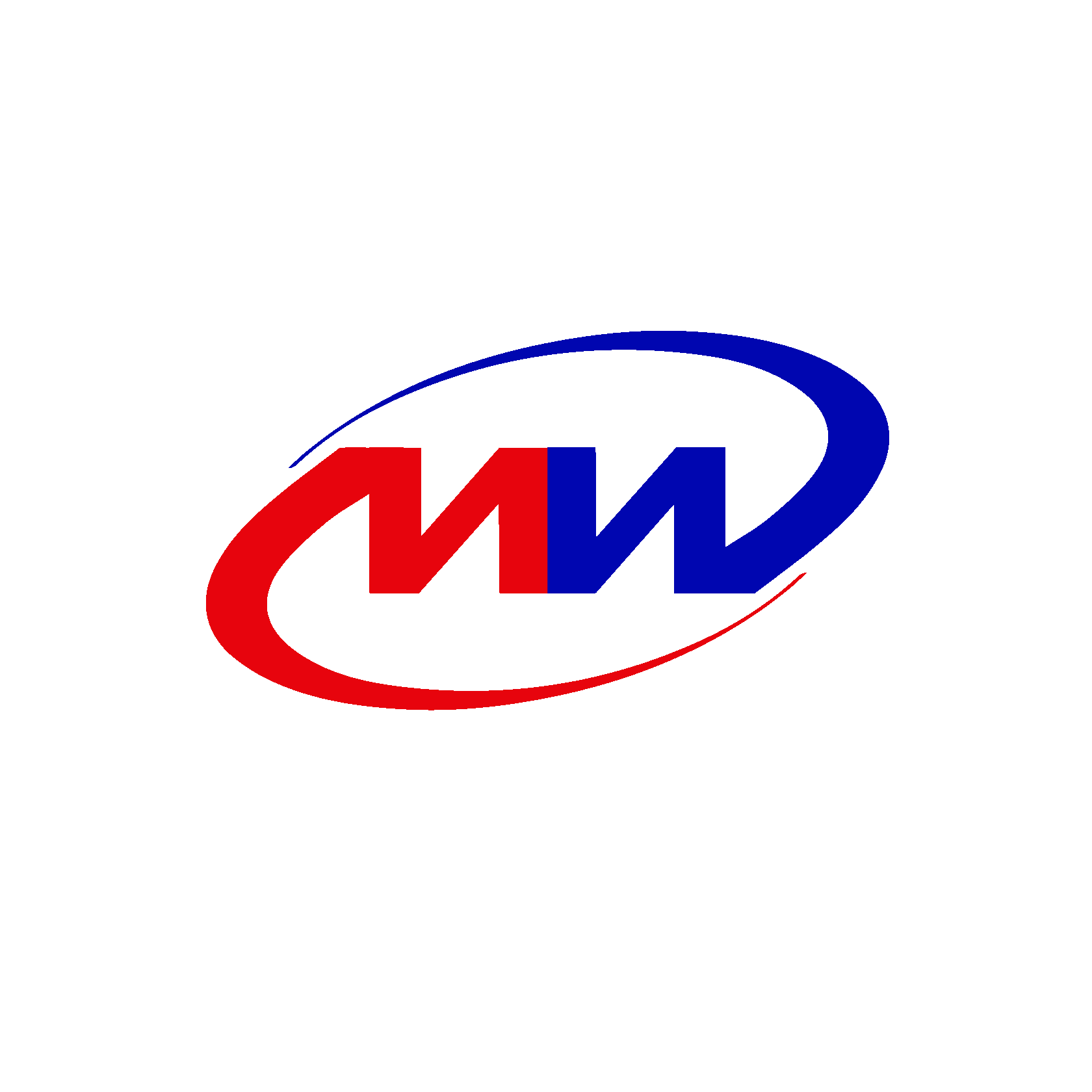Please leave your phone number below and we will contact you!
Your information is safe and will not be passed on to third parties
Please fill out a form for a quick estimate
Your information is safe and will not be passed on to third parties
Need help? Leave your phone number
and our manager will contact you!
and our manager will contact you!
TYPES OF CARRIERS IN RUSSIA
TYPES OF RAILWAY CARRIERS
Often the question arises which company to contact if you need to deliver the goods by rail. Today we will tell you in detail about the features of each type of carrier. Standardized rail carriers can be divided into four major groups:
And yet, even though Russian Railways is a monopoly in its field, private companies also have the right to exist and operate. Such companies are just subdivided into captive and rolling stock operators.
- Captive companies, i.e. owners of their own rolling stock;
- Transport companies;
- Carriers;
- Forwarding companies.
And yet, even though Russian Railways is a monopoly in its field, private companies also have the right to exist and operate. Such companies are just subdivided into captive and rolling stock operators.
ROLLING STATION OPERATORS
This type includes all legal entities and individual entrepreneurs who own their own fleet of wagons or containers. Rolling stock and containers are provided for railway transportation to customers, which can be both legal entities and individuals.
CAPTIVE COMPANIES
Such carriers are created by large mining and industrial companies for personal transportation. They own wagons and containers used to deliver raw materials and supplies of their own production in the interests of the parent company. As a rule, these companies do not provide services to third-party customers, and rolling stocks are purchased at the expense of the parent company.
The above two types of shipping companies can operate only in the following three ways:
The above two types of shipping companies can operate only in the following three ways:
- Provide wagons for freight, i.e. lease freight trains to the owner, and he, in turn, concludes a contract for the carriage and pays for it.
- Transport expedition, in contrast to the first point, it is possible to lease wagons, and it is additionally required to conclude a transport expedition agreement with the cargo owner, where the volume of additional services performed is agreed in advance. The contract is concluded by the owner of the cargo independently, and the payer is the operator under the forwarding contract.
- Cargo owner operator. Here, the operator of the rolling stock also leases wagons, and also concludes an agency agreement with the owner of the cargo.
CARRIERS
The next ones worth talking about are the carrier companies. They provide services that are directly related to the use of the vehicle, as well as their operation and lease for the delivery and transportation of goods. Carriers have the opportunity to both own their own rolling stock and use them under a lease agreement.
This approach applies to both warehouses and cargo terminals. If a carrier company owns its own rolling stock, then it has the status of a rolling stock operator with the function of a cargo carrier. They have the ability to provide a full range of transport logistics and warehouse storage services. The advantage of this type is that the company has sufficient flexibility in setting prices and speed of transportation, which in the future is very attractive from the side of cargo owners.
This approach applies to both warehouses and cargo terminals. If a carrier company owns its own rolling stock, then it has the status of a rolling stock operator with the function of a cargo carrier. They have the ability to provide a full range of transport logistics and warehouse storage services. The advantage of this type is that the company has sufficient flexibility in setting prices and speed of transportation, which in the future is very attractive from the side of cargo owners.
Forwarding companies
And the last one worth mentioning is the forwarding companies. They, in turn, do not have rolling stock and terminal warehouses in their arsenal. In this case, the task of the forwarding company is to provide services as an intermediary between the sender and the recipient of the goods. The company's income is obtained from the difference between the payment of the shipper and the amount of the discount from the transport company that the TC can offer for the volume of goods transported.
Of course, the existence of forwarding companies on the market is very beneficial for all participants in the transaction. Forwarding companies try to provide the widest possible range of services, involving co-contractors in the processes. They almost always provide door-to-door delivery. And from the side of transport companies, forwarders can reduce operating costs and increase the regularity of transportation.
Of course, the existence of forwarding companies on the market is very beneficial for all participants in the transaction. Forwarding companies try to provide the widest possible range of services, involving co-contractors in the processes. They almost always provide door-to-door delivery. And from the side of transport companies, forwarders can reduce operating costs and increase the regularity of transportation.
MODERN WAY
As for our company, Modern Way is a railway operator of container express trains. The company has its own rolling stock and large-tonnage containers, and also owns three warehouse complexes that allow it to carry out a wide range of logistics functions, including storage of goods, accumulation of batches, repacking into containers, related services (palletizing, sticking, and so on).
We are ready to offer:
- Own rolling stock;
- Fixed and regular train departures on schedule;
- Fast delivery times;
- High level of service and customer loyalty.
Questions? Submit a request and our managers will contact you!
SERVICES



